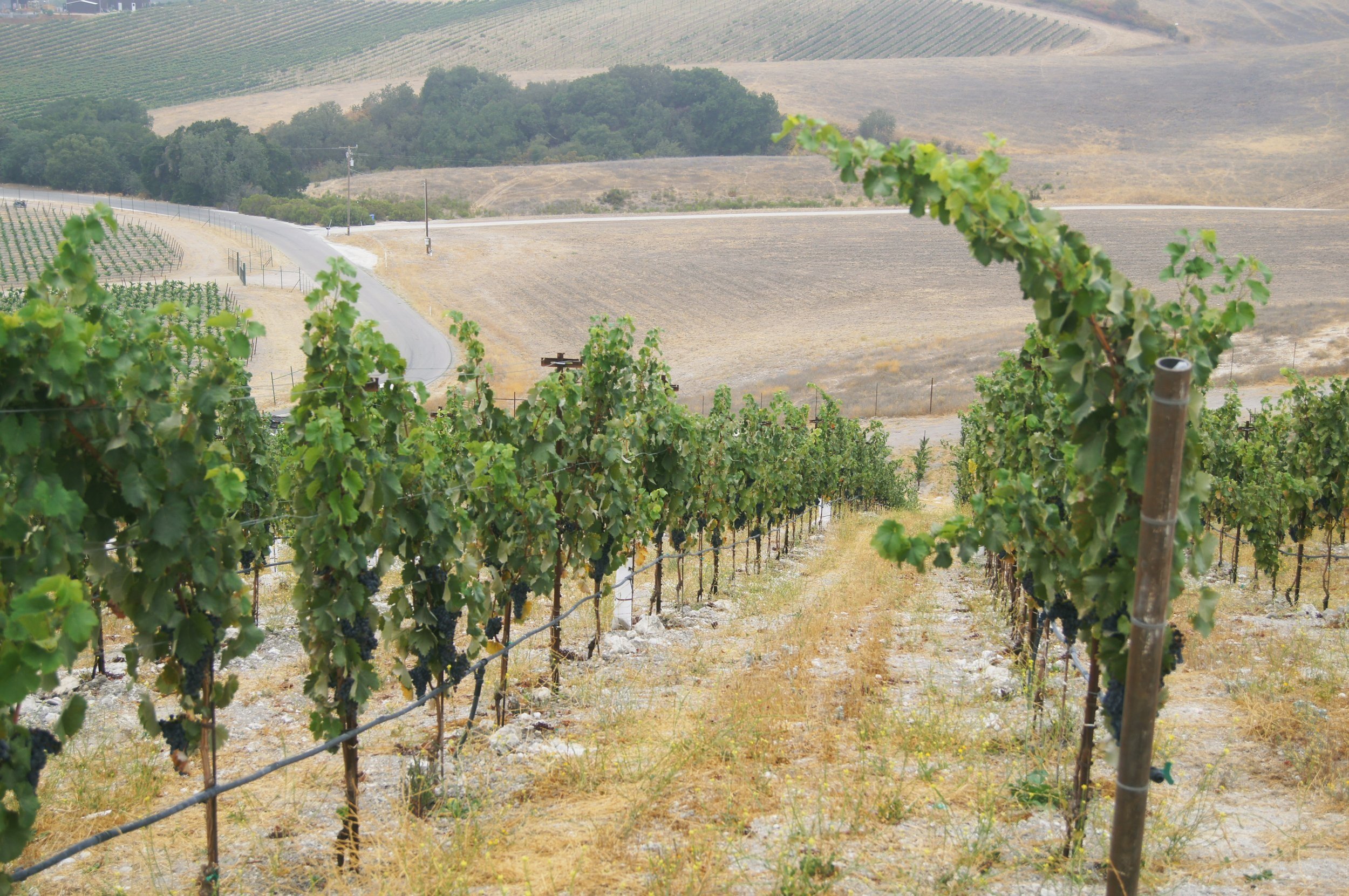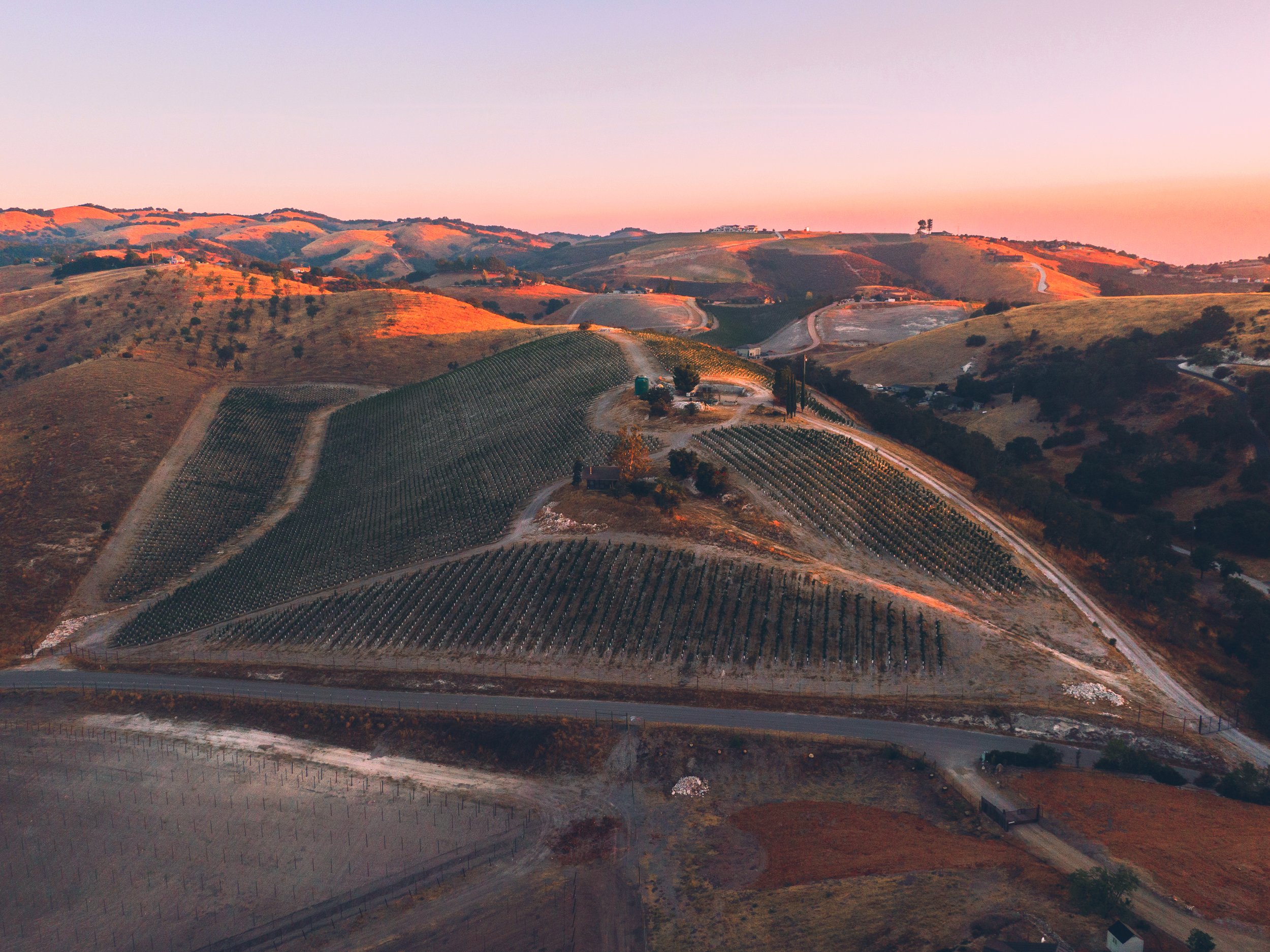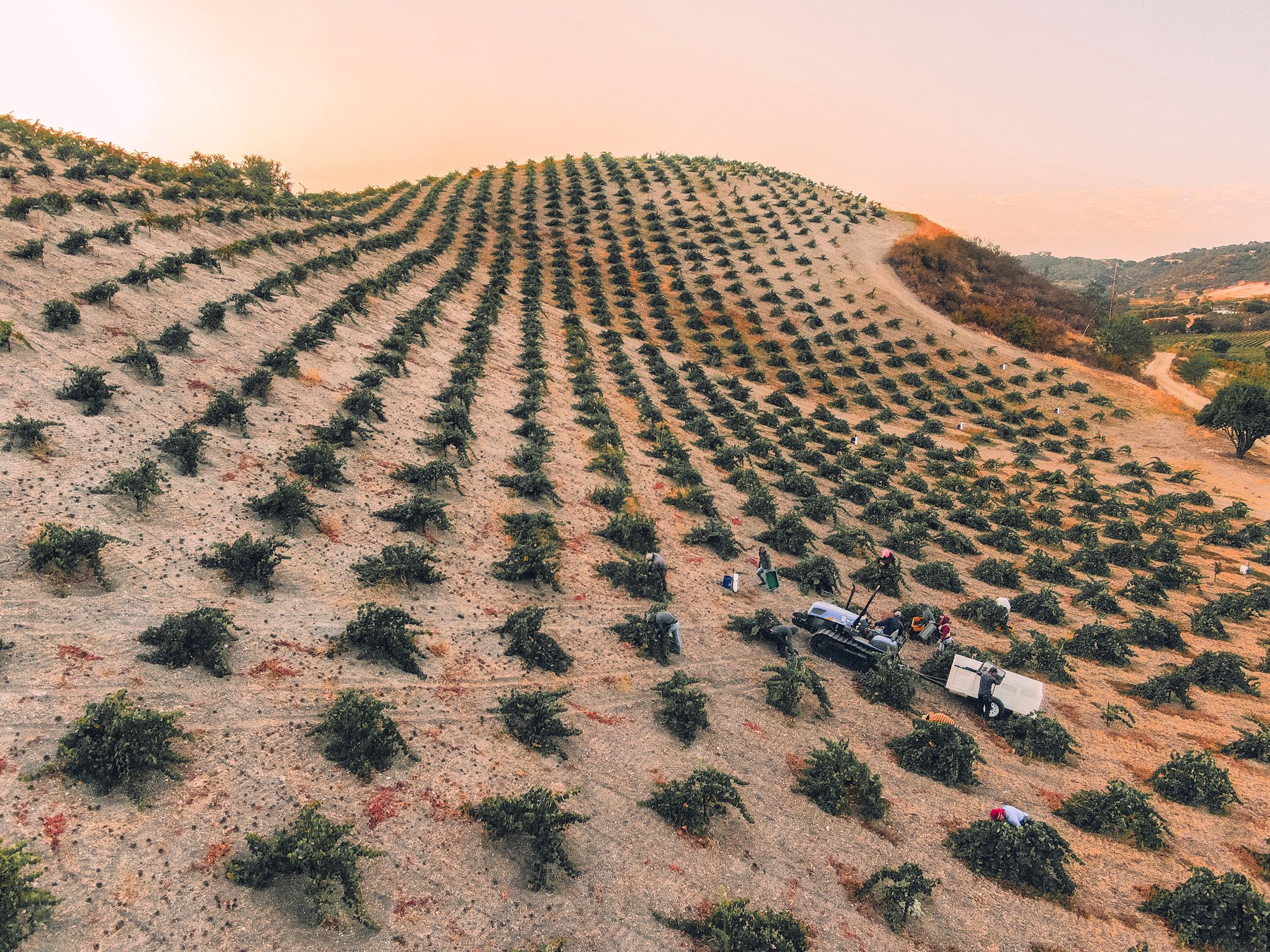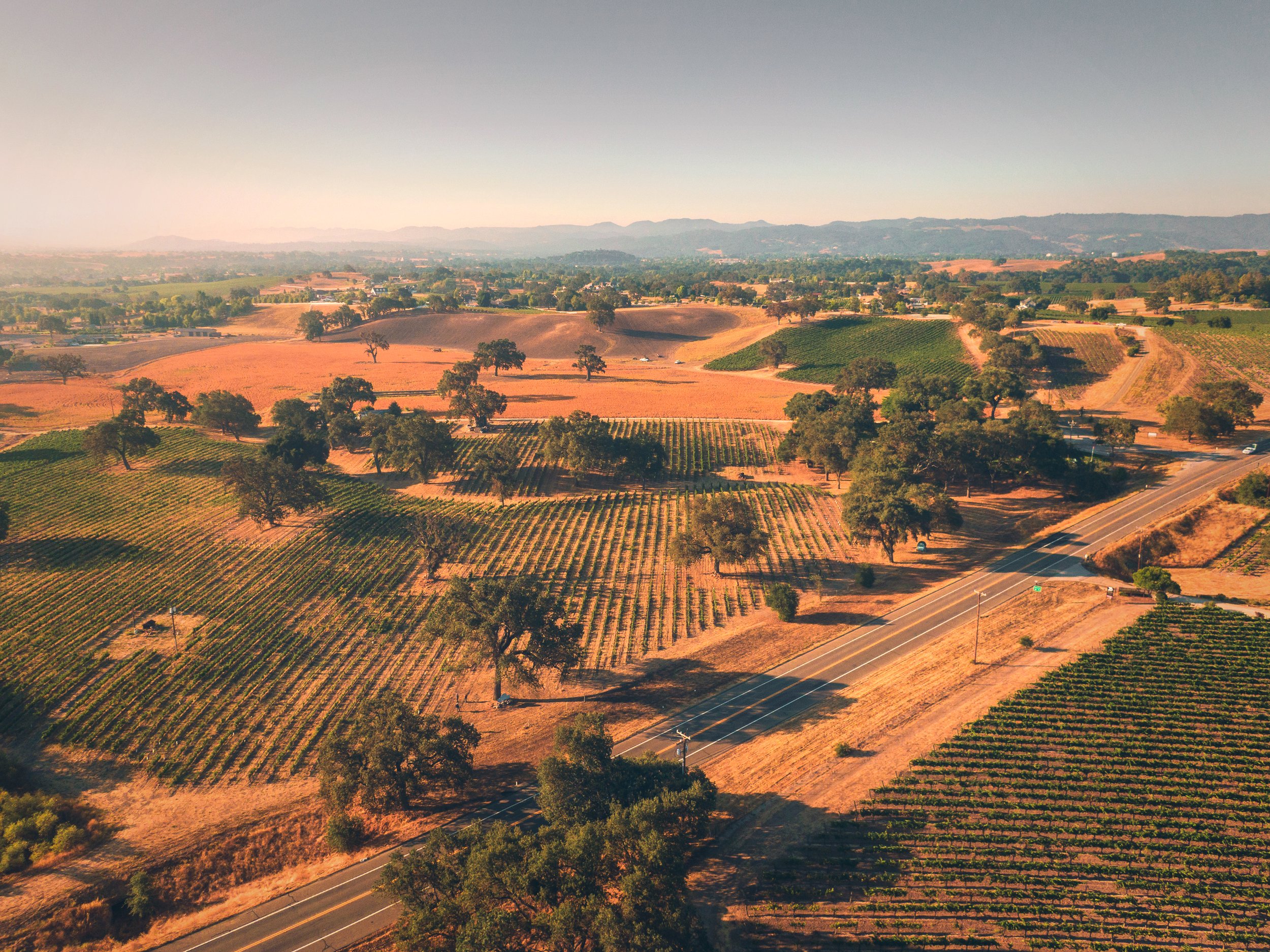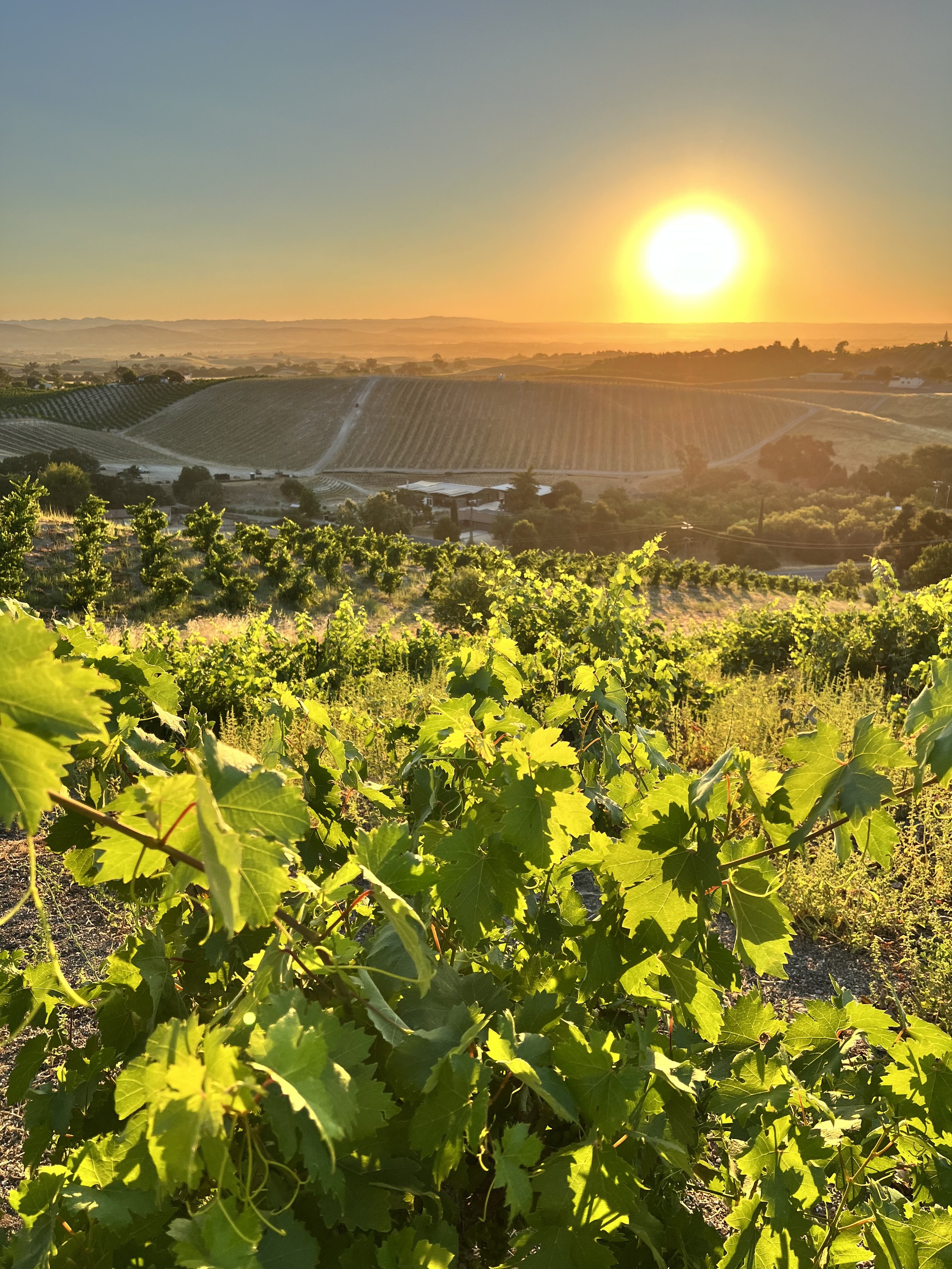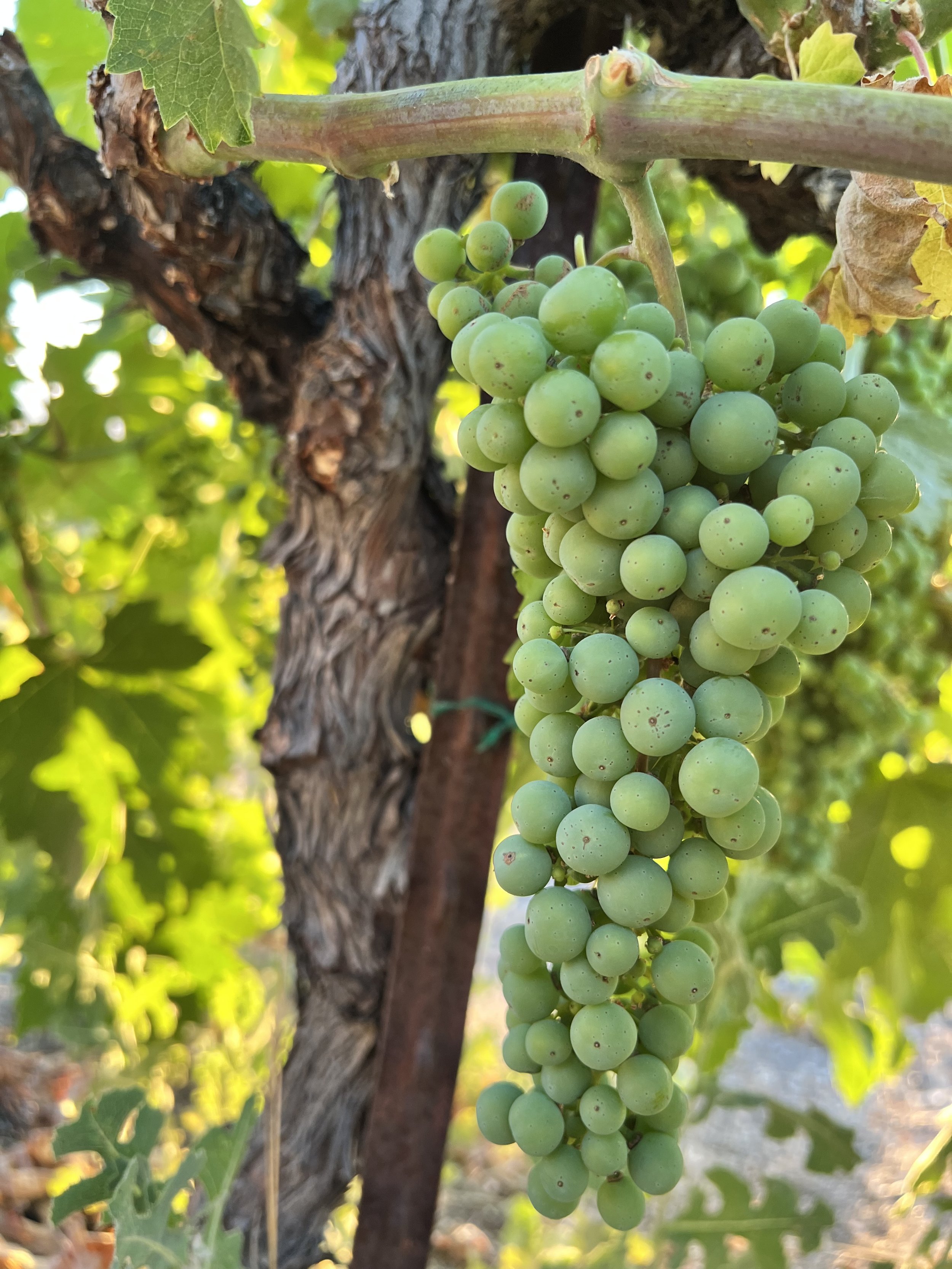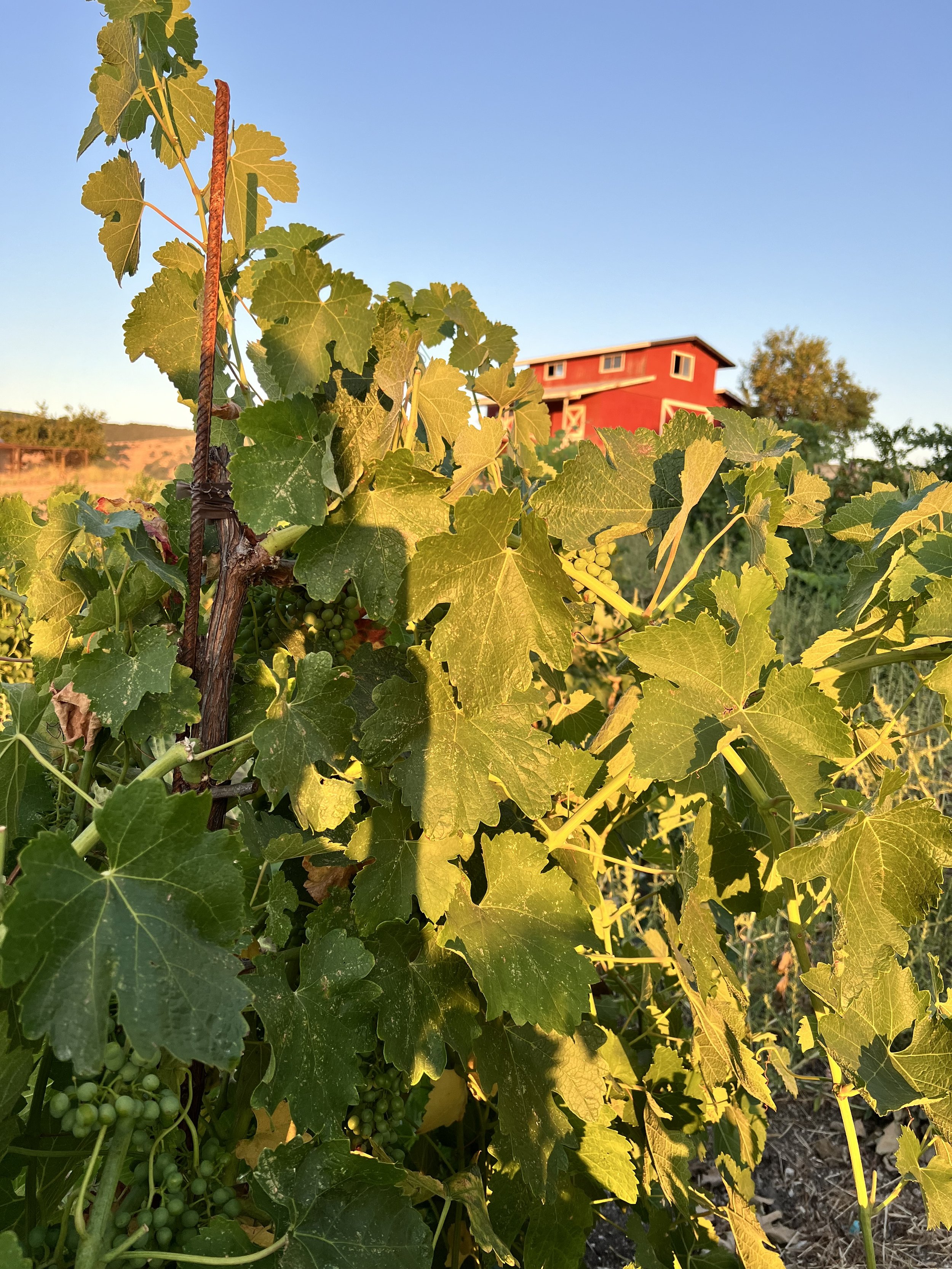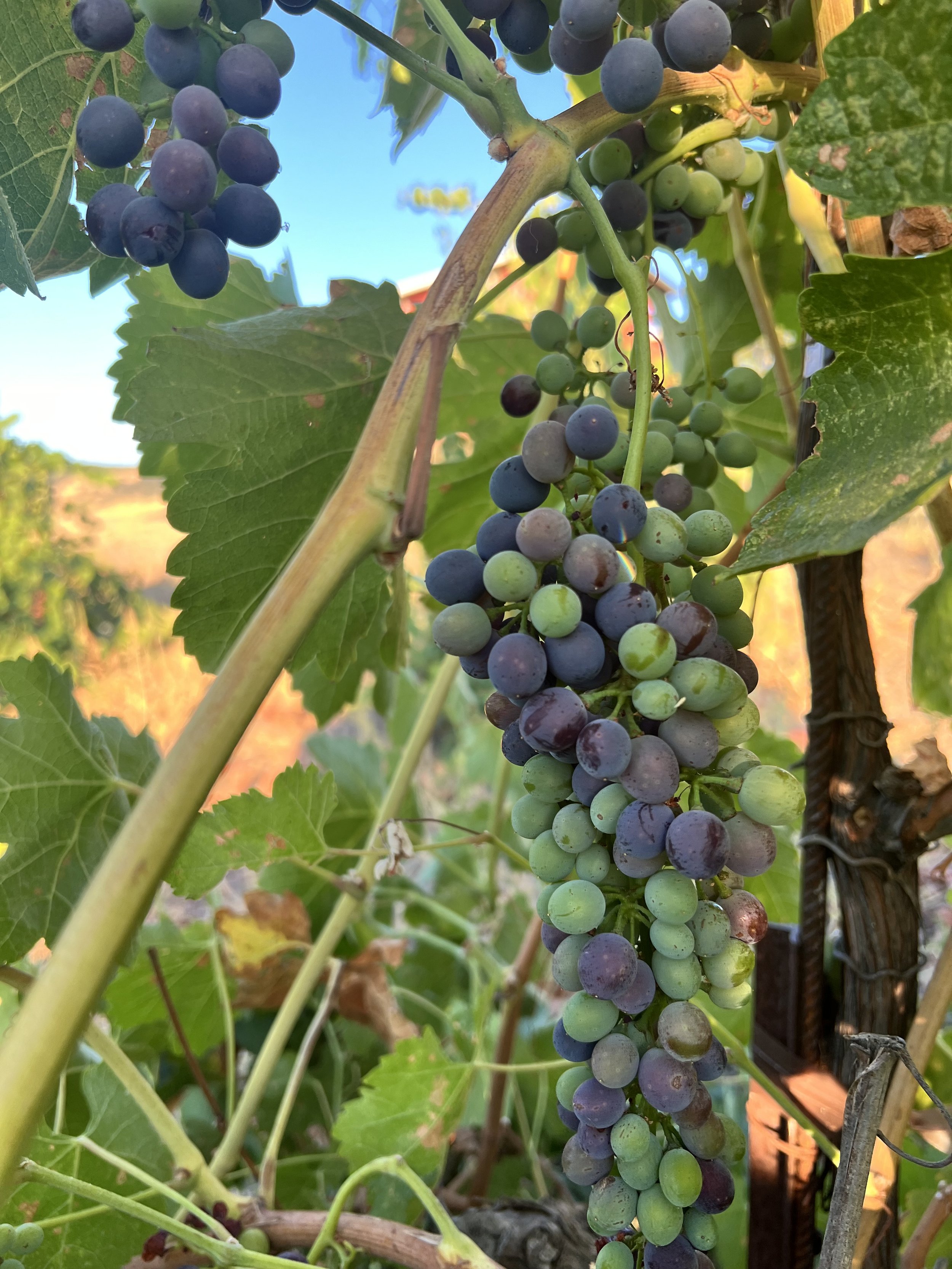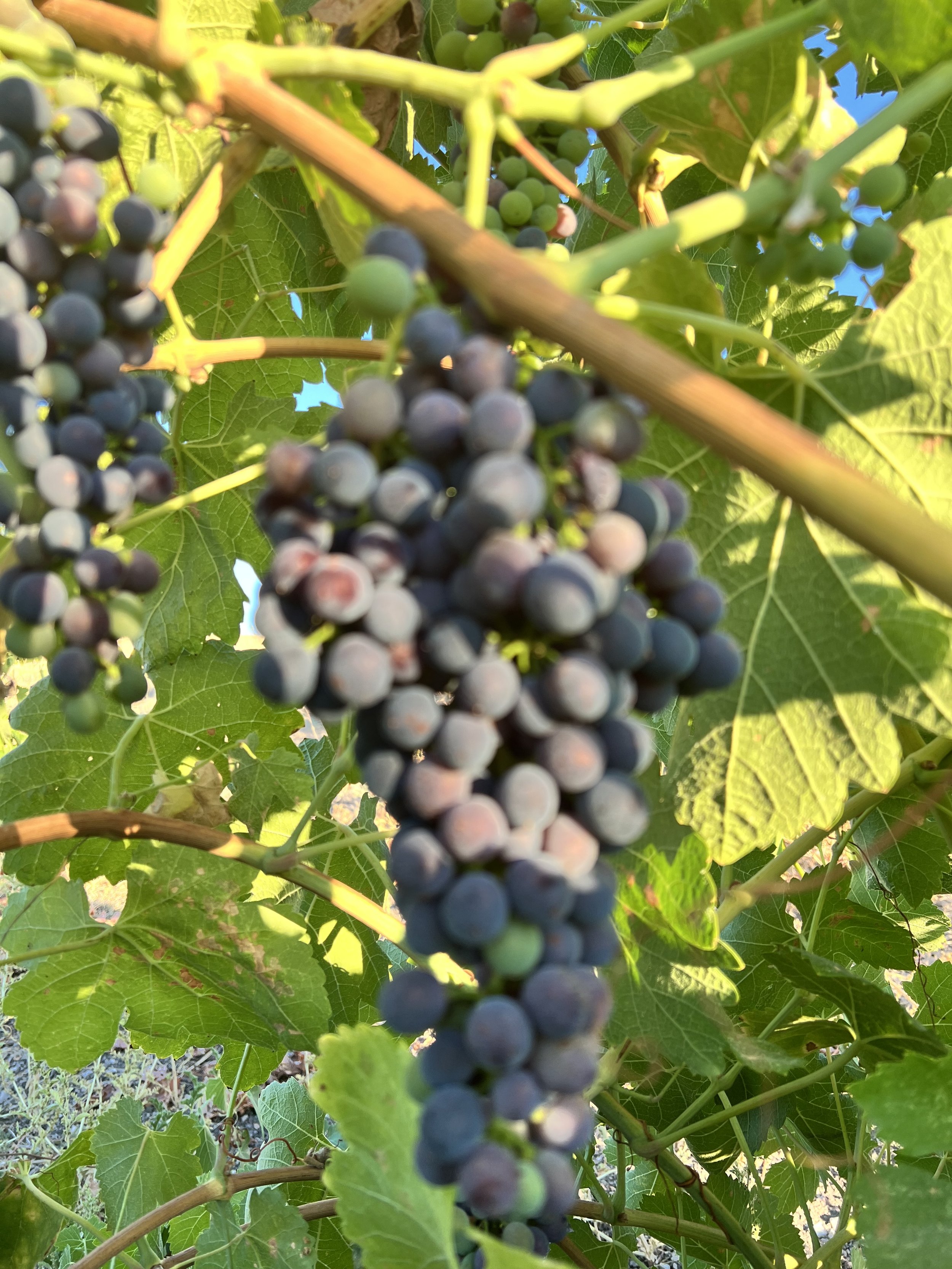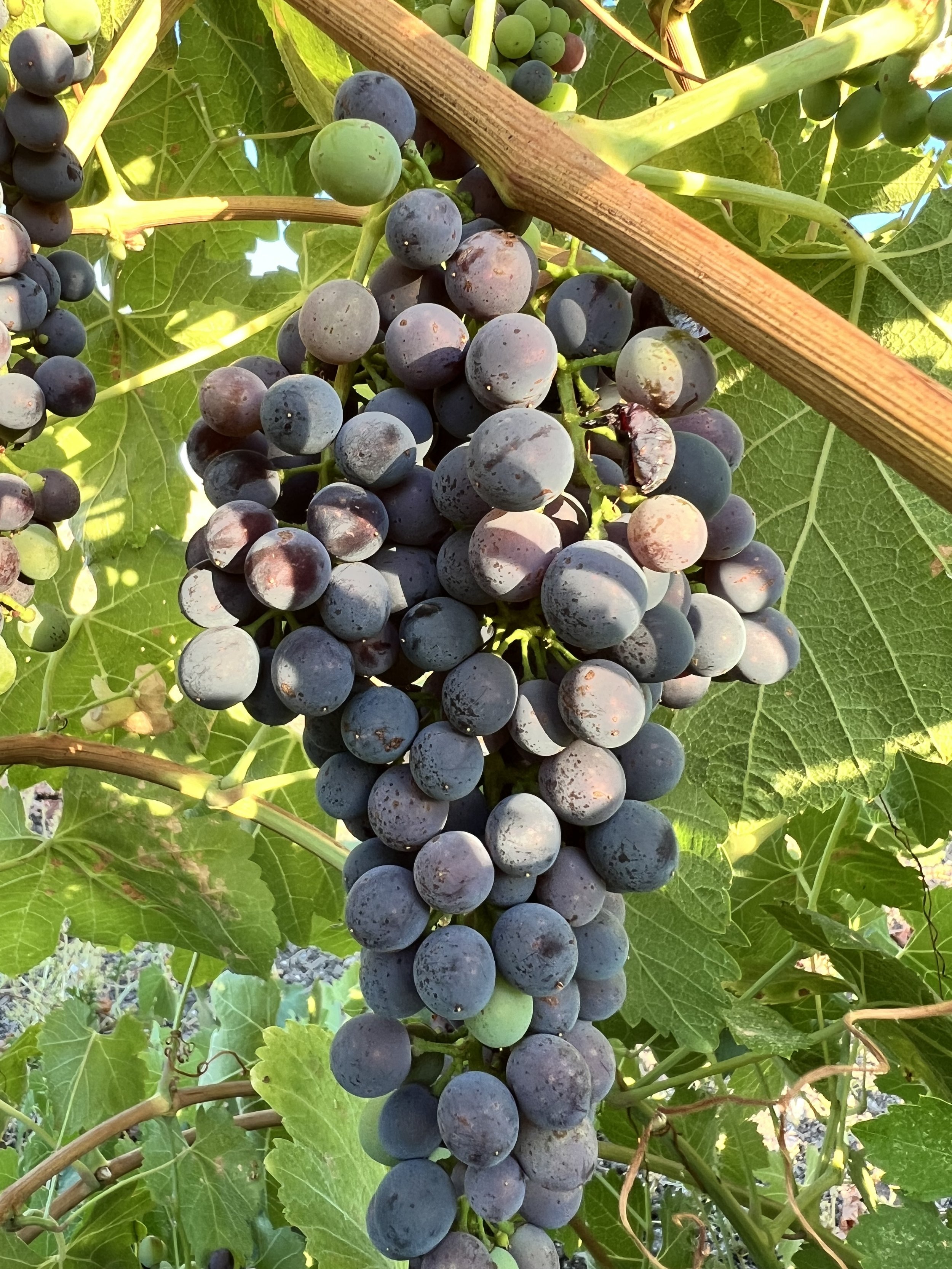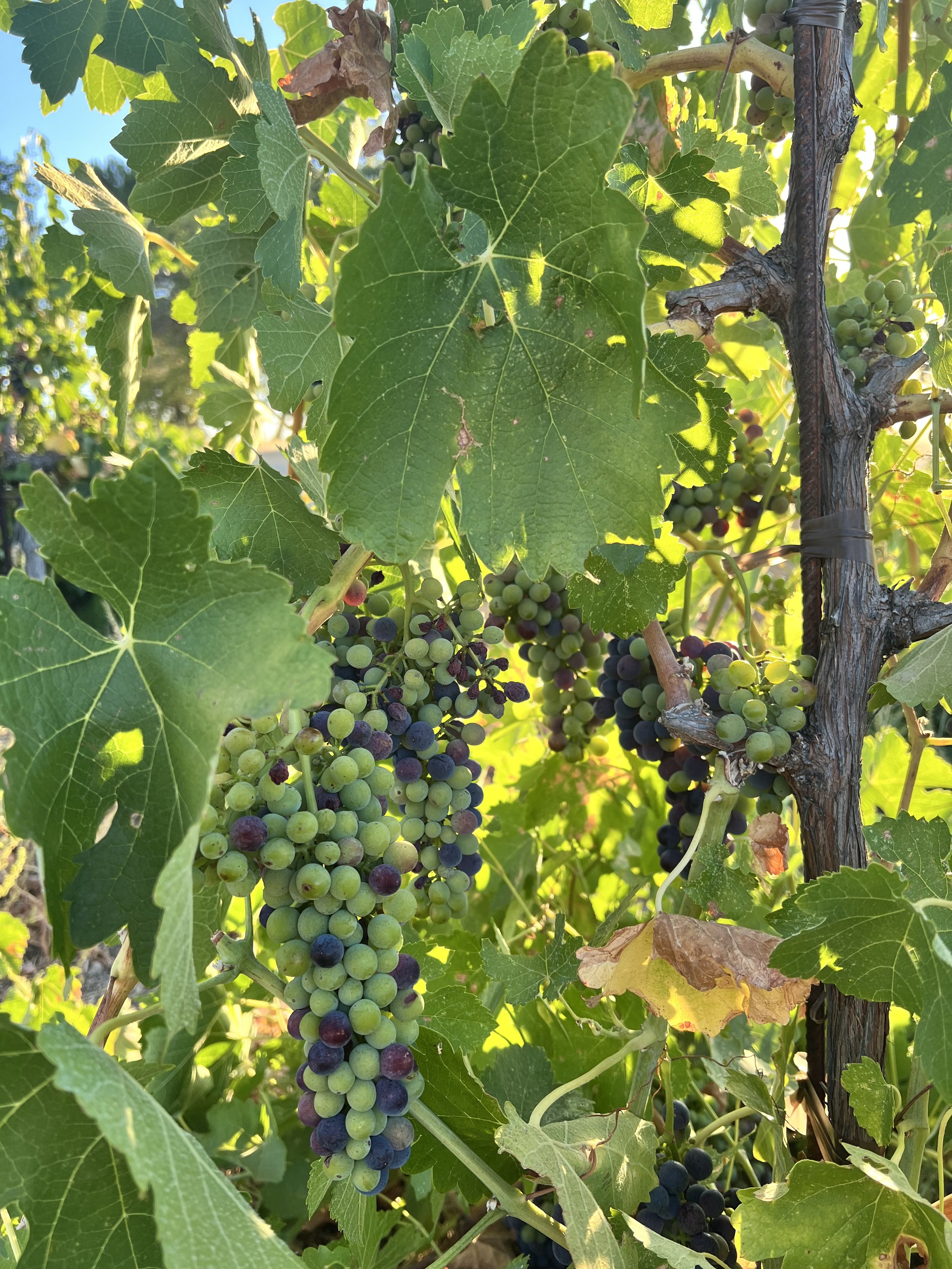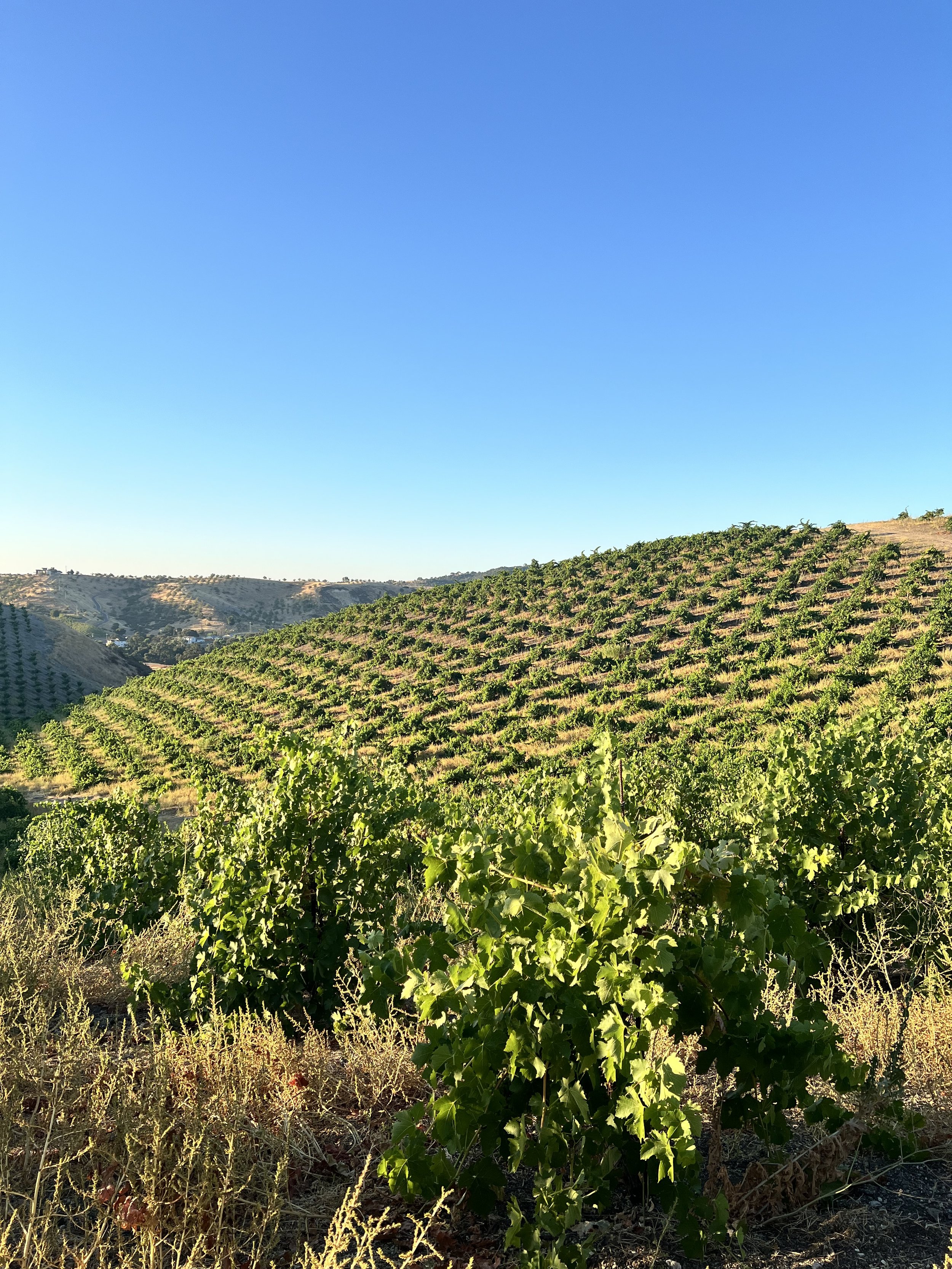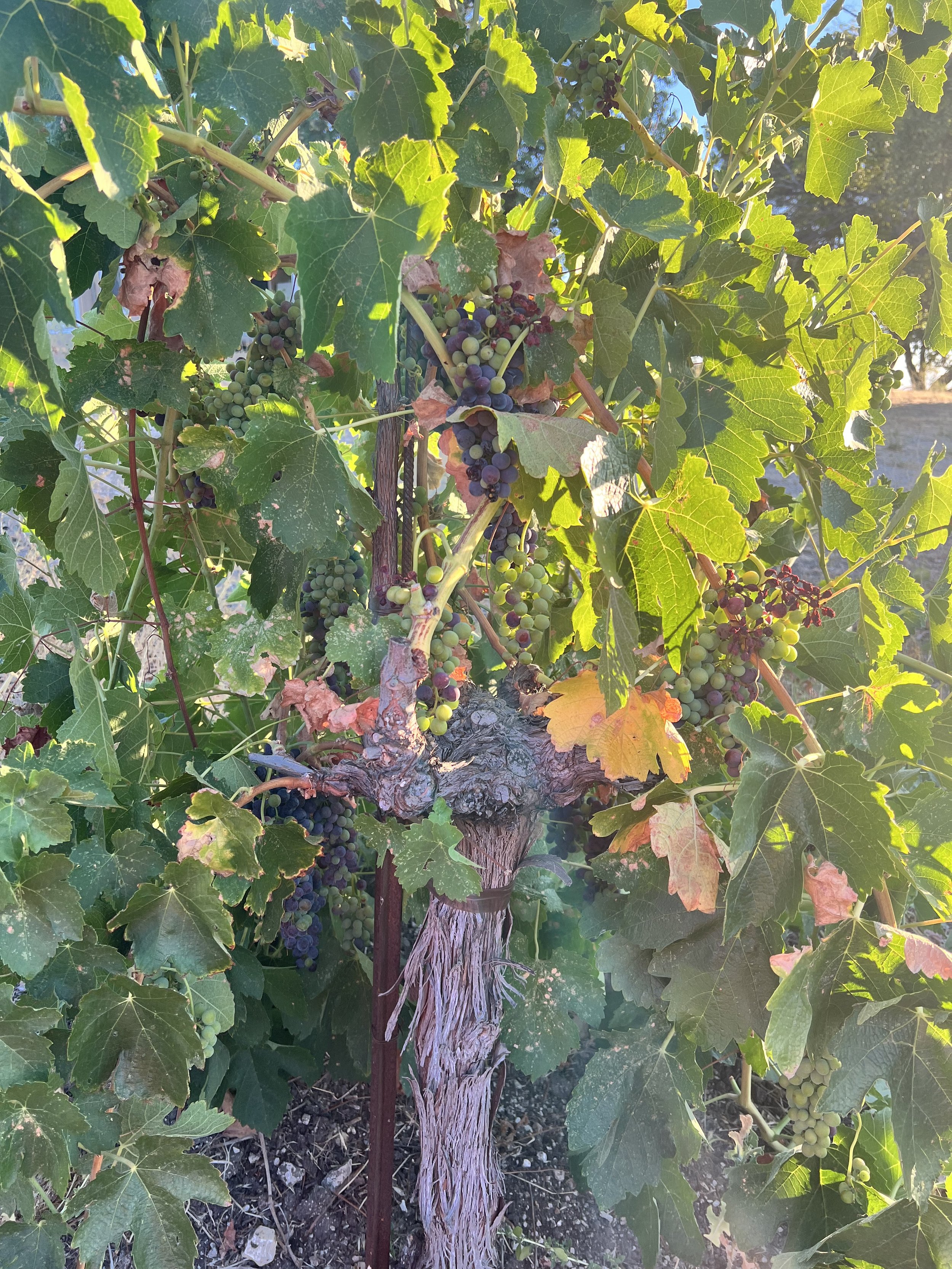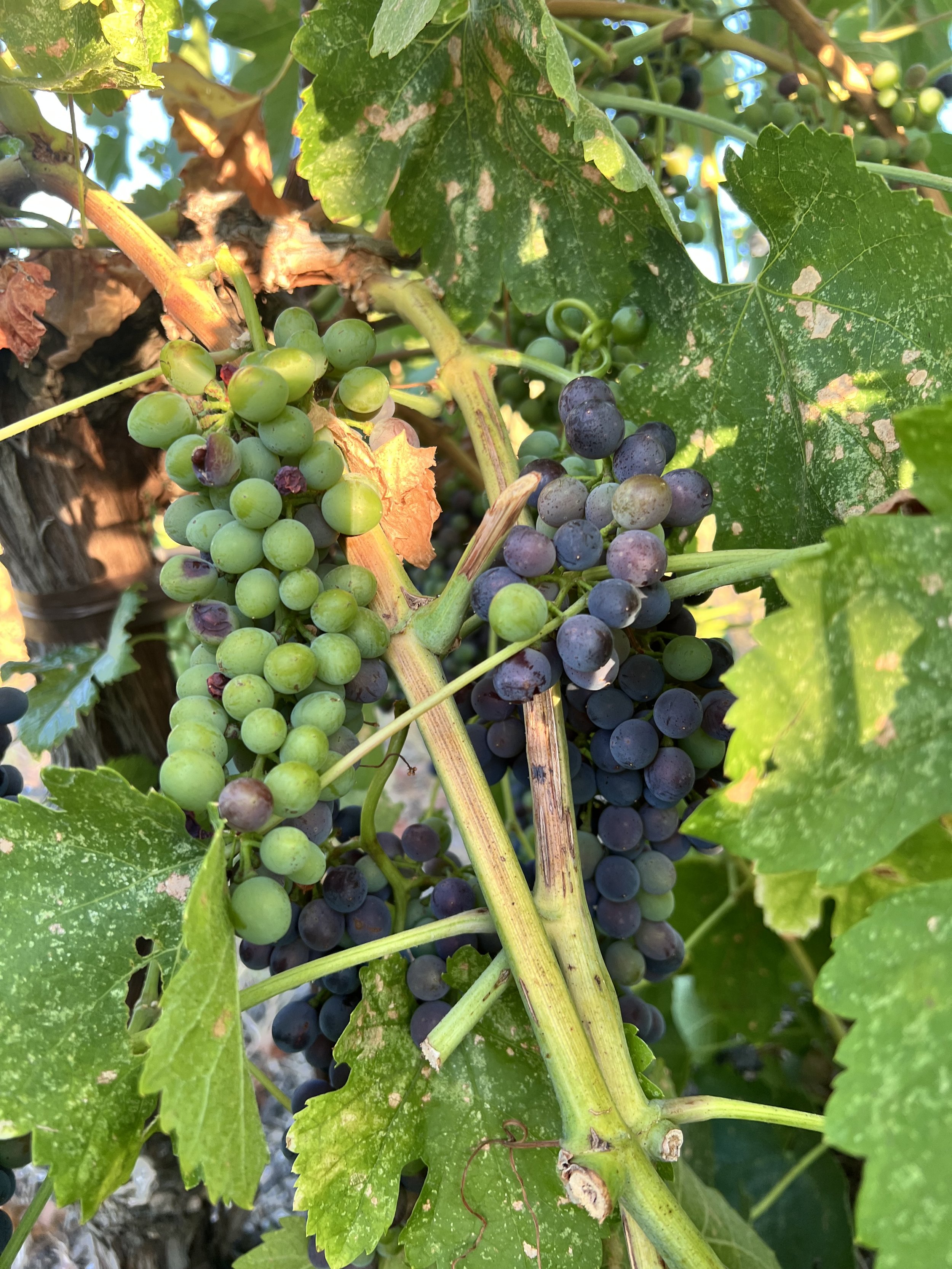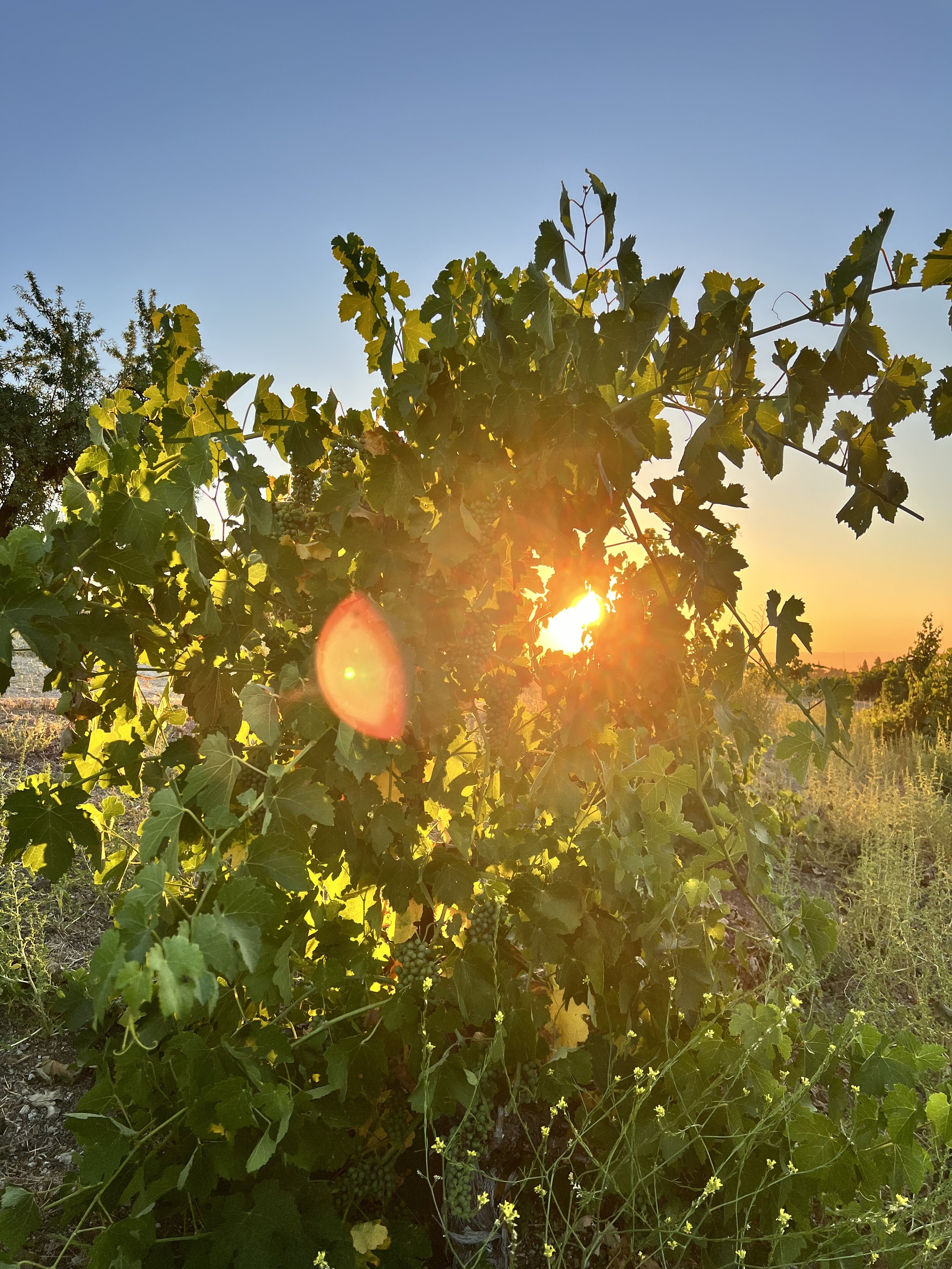
Peachy Canyon has five estate vineyards properties, all on the west side of Paso Robles. These vineyards, while relatively close together, range widely in terroir and allow our winemaking team the opportunity to showcase the range of Paso Robles' microclimates.
-
Mustang Springs Estate is our home ranch vineyard that surrounds our winery structures. At 55.7 acres, it is also our largest vineyard. Read more>>
-
Snow Vineyard vines make for low yields and high quality fruit. This vineyard requires a lot of work because it is hand pruned and hand picked. Read more>>
-
Mustard Creek Vineyard was replanted 14 years ago from Chardonnay to Zinfandel and Petite Sirah. Zinfandel sits on steep rocky slopes and gentle rolling hills for the Petite Sirah make for an optimum growing site. Read more>>
-
This vineyard has the complete opposite growing conditions than the Snow Vineyard and is what makes the Old Schoolhouse unique. This vineyard lies within the Templeton Gap which has a large coastal influence that greatly impacts the growing season. Read more>>
-
9.82 acres planted including: Zinfandel, Grenache, Syrah, Mourvedre, Carignane & Petite Sirah. This vineyards steep slopes were planted in 2019. Read more>>
Peachy Canyon's vineyards are farmed using sustainable practices. We compost all byproducts from the winery and reintroduce it to our soils every other year. We also grow barley in between our vine rows to help prevent erosion during the winter months. In the spring we mow and then in Fall, we plant cover crops made up of oats, vetch, peas and legumes in between vine rows. During the growing year we use aggressive canopy management practices to minimize the risk of mildew which in turn reduces our need to spray. Weed control is done mostly by hand.
Water conservation is a huge factor in sustainable farming as well. Peachy Canyon strategically waters each vineyard block throughout the growing season allowing us to maximize the quality of the fruit, minimize water waste and reduce runoff. An added bonus to the water conservation program is that it reduces our use of electricity, another factor in sustainable farming. Pests are managed by introducing beneficial insects such as ladybugs, lacewings, and praying mantis. We spray organic stylet oil to manage our leaf hoppers, (the most common insect pest in our growing area). Nets are used to keep birds from consuming our crops, and traps are used to control gopher populations.
